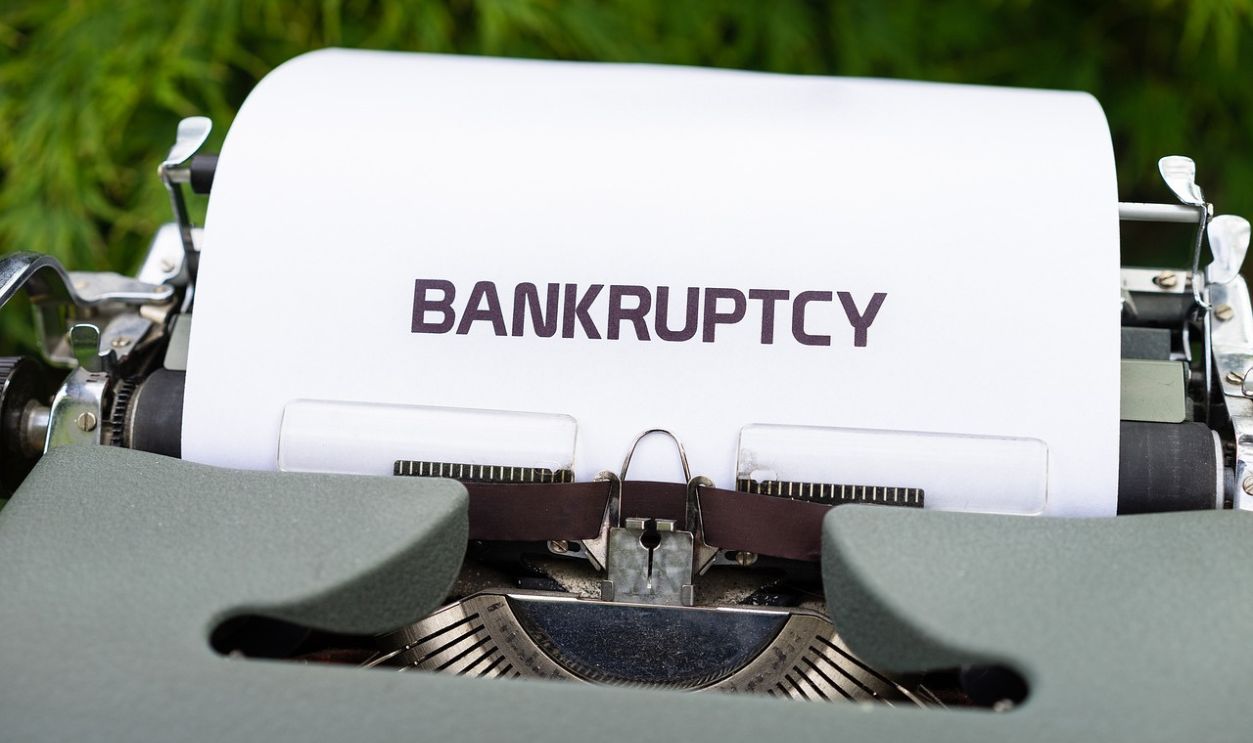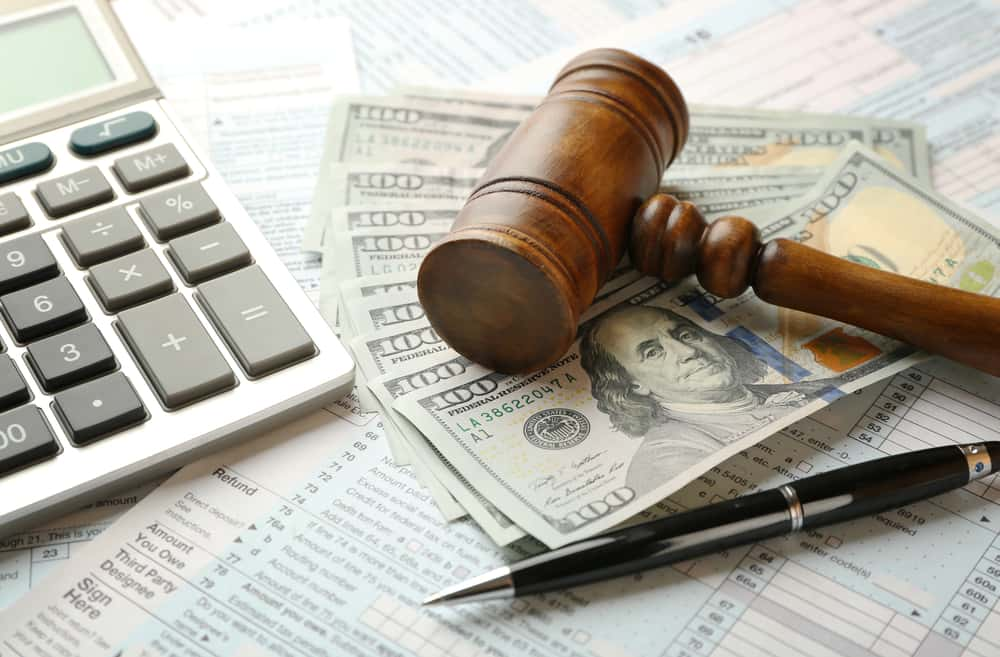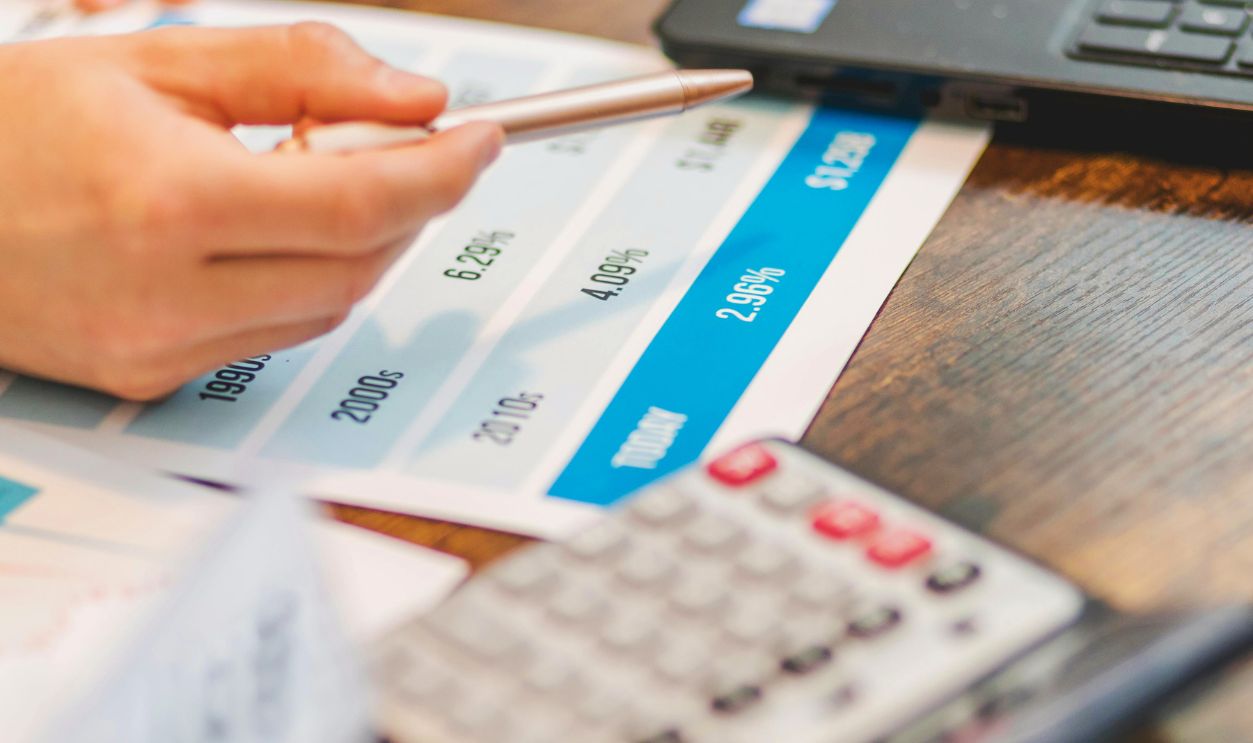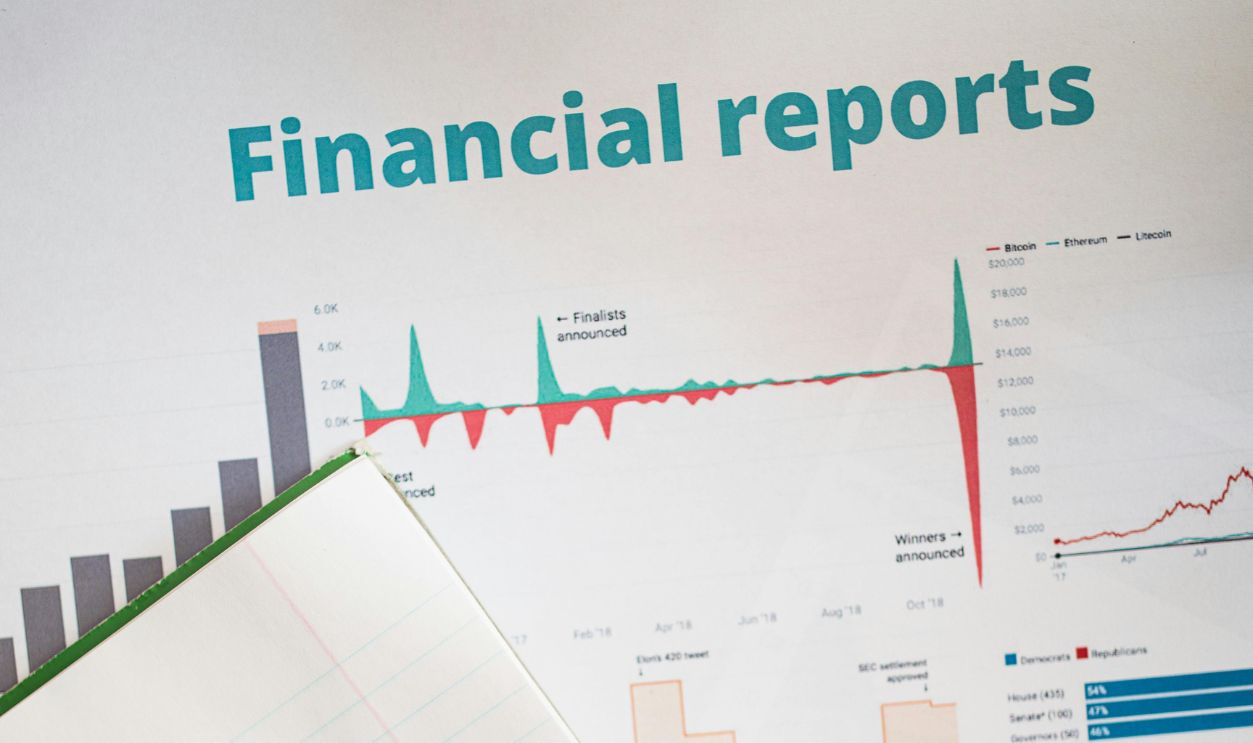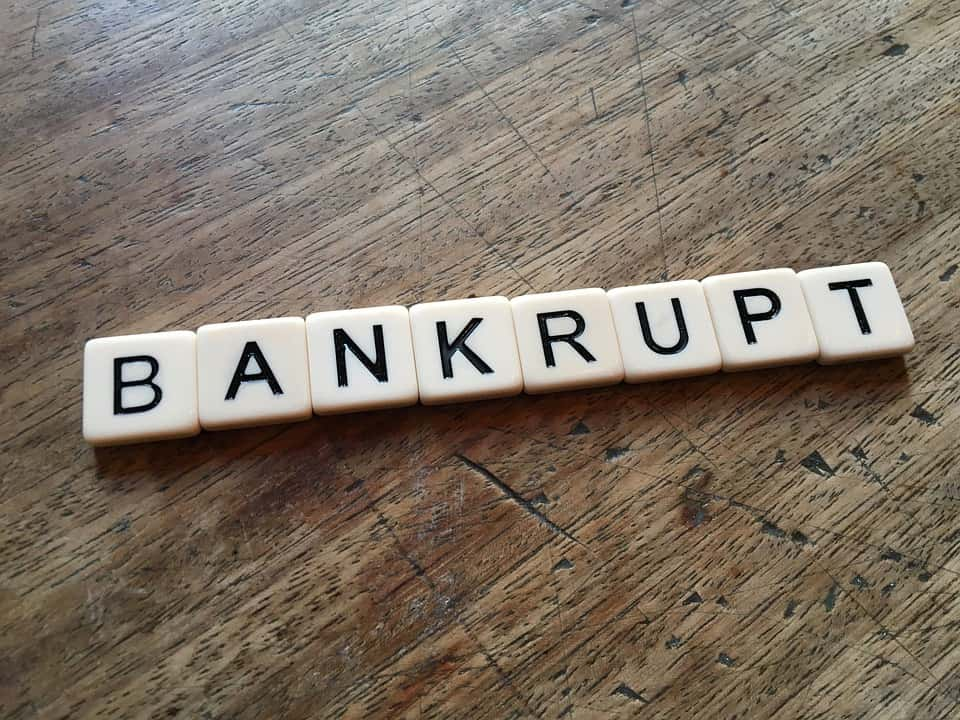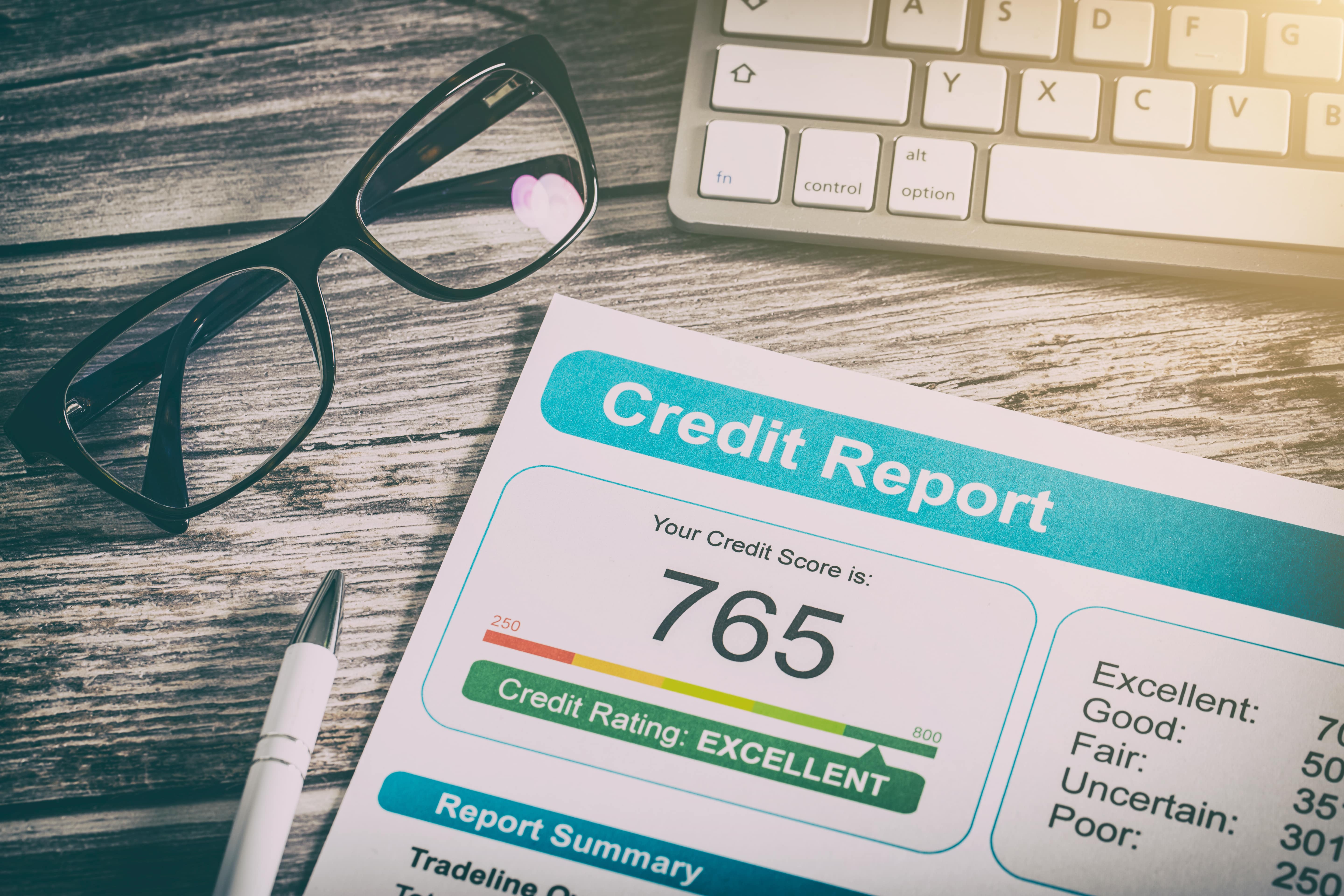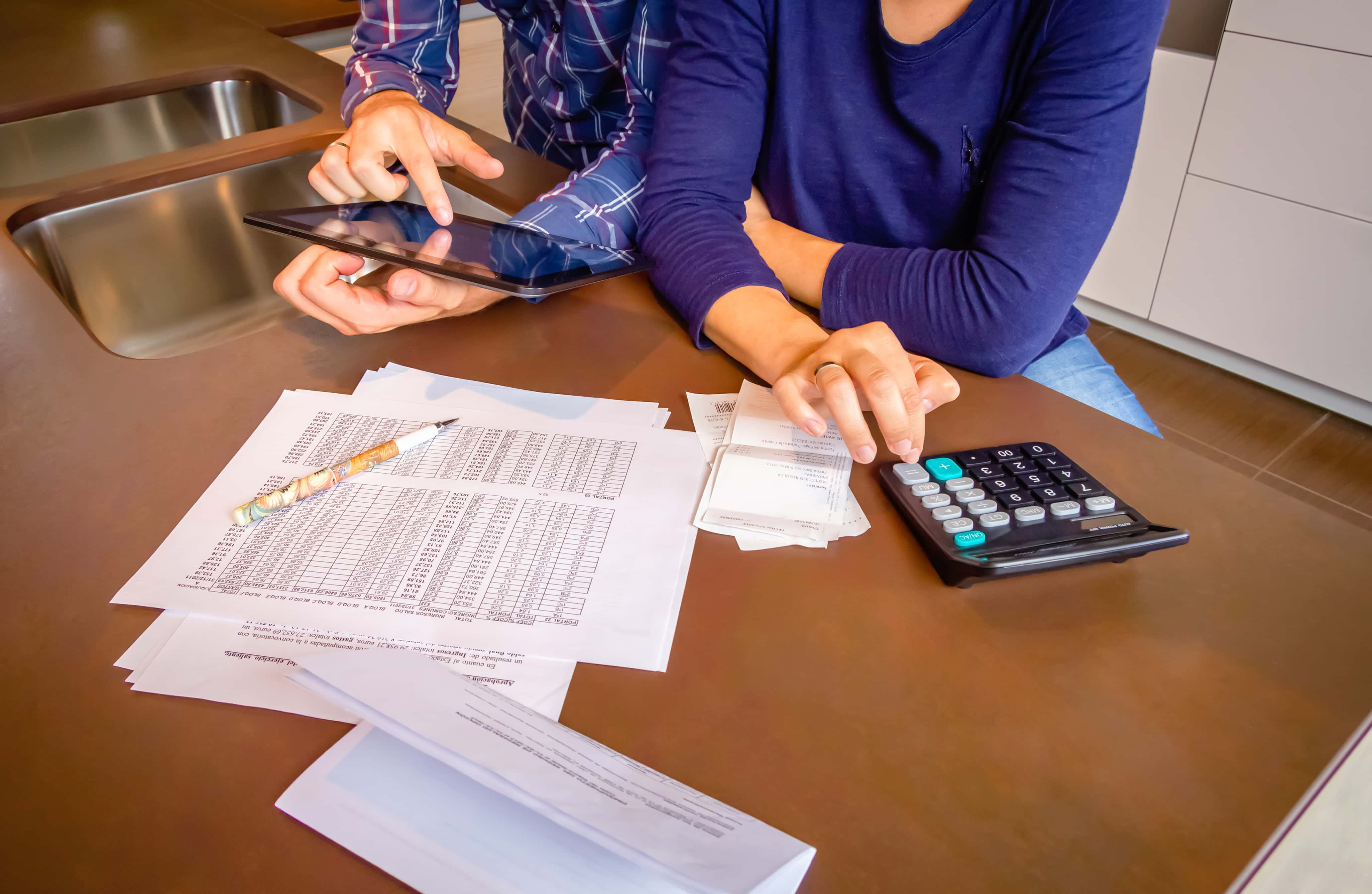Should I File For Bankruptcy?
If you find yourself unable to pay your debts and have exhausted all of your options, you might consider filing for bankruptcy. But before you do, it’s imperative that you understand the serious consequences that may come with such a decision.

Drowning In Debt
In America, when your debts become unmanageable, you have the option to claim bankruptcy—a legal process that provides relief from debt. It is often marketed as giving you a “fresh start” financially. And while that may be true, the process is not without its repercussions.
Please, Not The Boat!
There are two ways to file for personal bankruptcy, which differ primarily in what happens to your assets and how your debts are discharged. And what you own might play a part in which you choose.
Going Once, Going Twice, Sold!
A Chapter 7 bankruptcy liquidates your assets to pay your creditors. This includes property (other than primary residence), recreational vehicles, boats, second vehicles, collectibles, bank accounts, investment accounts, and more.
These assets will be sold off by a trustee appointed by the court, and the proceeds will pay your creditors.
Can’t Escape Taxes
After a Chapter 7 bankruptcy is finalized, most of your debts will be discharged and you will no longer be responsible for paying them. It should be noted, though, that some debts cannot be discharged, such as student loans, child support, and taxes.
Chapter 7 is usually chosen by lower income individuals and those with fewer assets.
You Can Keep It—But You May Not Want To
A Chapter 13 Bankruptcy is your other option. This option allows you to keep your assets—but you also keep your debt. Instead of your debts being paid off, you make an agreement to pay them over a set amount of time, usually 3-5 years.
In this case, the trustee takes your money and pays off your creditors for you. And while this may sound like a good option, it’s not as comfy as it sounds.
There Is No Easy Option
Those who choose Chapter 13 usually have assets they want to keep, avoiding a Chapter 7 which would sell it all. And while Chapter 7 seems like the quickest and cleanest way to rip off the band-aid—there’s a bit more involved than you may think.
They’re Onto You
Choosing a Chapter 7 sounds like heaven to people who are drowning in debt they can’t pay. But it is also a sneaky way that some people try to get their debts paid off without having to fork out the cash themselves. Believe it or not, some people buy extravagant things and then claim bankruptcy to have the debt wiped.
Because of this, the courts get to decide who is eligible—and who needs to get their act together.
Do You Have The Means?
Before they allow you a Chapter 7 bankruptcy, the court will impose a means test, which basically compares your average income over the past six months with the median income for a household of your size in your state.
If you earn less than the median—you’re eligible.
You Can Pay It, You Just Don’t Want To
Sometimes, if your income is only slightly higher than the median, you may be eligible after subtracting certain acceptable expenses. But if you make enough disposable income to cover your debts, then the courts will suggest either Chapter 13—or financial counselling.
But before you go this far—there’s more you need to know.
It Shouldn’t Be Your First Option
The first step you should take in filing for bankruptcy is consult an attorney. This is important because bankruptcy has long-term financial and legal consequences that many people overlook or don’t fully comprehend.
It’s Not Over Yet
When the court issues a “discharge”, you are finally relieved of your liability to pay back the debts. With Chapter 7, the discharge is issued somewhere around 4-6 months after filing. A Chapter 13 discharge, though, will be issued after the debts are paid off, as outlined in the agreement (usually 3-5 years).
When the bankruptcy process is finalized, you will get your fresh financial start—but you will be starting over in more ways than one.
It Follows You
Just because you have a clean slate doesn’t mean there isn’t a record of how you got there. Bankruptcy will stay on your credit report for up to seven years for a Chapter 13, and 10 years for a Chapter 7.
That’s a long time, especially when you’re trying to rebuild credit.
 LIGHTFIELD STUDIOS, Adobe Stock
LIGHTFIELD STUDIOS, Adobe Stock
Your Application Has Been Declined
Having this on your credit report will significantly hinder your ability to obtain any other kind of credit. In many cases, you won’t qualify for loans or credit cards, even from your own bank. If you do—there will be a penalty to pay.
You’ll Be Considered High Risk
Sometimes, a high-risk creditor will offer to help you out—but it will come at a cost. High-risk credit might get you some funds, but the interest rate will be massively higher because of your negative credit history.
But that’s not all.
Bye, Bye Credit Score
When we said you had to start over, we meant it. Claiming bankruptcy will tank your credit score, which further makes you ineligible for loans or credit. This means you may be unable to purchase or rent a home, vehicles, and even be ineligible to obtain certain utilities and services, such as cell phones and internet.
Credit scores require you to have credit to build them up—which we already know will be hard to get. But there’s something else that will make it harder.
Anyone Can See Your Credit Report
While securing future credit and assets can be challenging enough, there’s more. Bankruptcies are public record—which means they can be accessed by employers and others, at any given time and for any reason.
Not only do some employers make note of this upon background checks, but some won’t even take a second look at your resume.
There’s Restrictions
Not only is bankruptcy undesirable, sometimes it’s not even acceptable. Someone who files bankruptcy cannot operate a trust account—i.e. an accountant or solicitor. You also cannot hold certain public positions, like a senator or member of parliament. To be fair, accountants who go bankrupt may want to rethink their career anyway.
If that doesn’t apply to you, maybe the next restriction will.
You’re On The No-Fly List
When a person claims bankruptcy, they suddenly become restricted from overseas travel. If you want to travel during the process, you will need written consent from your trustee. When a bankruptcy is discharged, these restrictions are lifted.
If you chose a Chapter 13, though, this could be in place for several years until your debts are fully paid.
You’ll Be Flagged
All in all, when you claim bankruptcy, you have to be prepared to lose all of your assets—including your car, your trailer, your boat, your jewelry, and your properties. After you’ve given up all that you can, your credit score will significantly drop and you will basically be “red-flagged” for creditors and employers to see.
But what other choices are there?
Sell Your Own Boat
Before you consider bankruptcy, talk to a financial advisor. Start by calling your bank and setting up a meeting. Sometimes, your bank can set you up with a debt management plan, a consolidation plan, or even help negotiate with your creditors.
In the meantime, you can sell off your own assets—without the court order.
It’s Not A Death Sentence
Bankruptcy should be a last resort when it comes to debt management. But, as we know, life isn’t easy, and sometimes the hardest option is the only option. If bankruptcy is where you’re at, it can still benefit you.
The Lesson Must Be Learned
Sometimes, things happen in life that we have no control over, like a medical emergency perhaps, which results in whopping, unexpected debt. In many cases, bankruptcy serves as a saving grace.
If you have no choice but to file for bankruptcy, that’s okay. But after it’s done, you need to prioritize rebuilding your financial life. It will take some work—but it's not impossible.
Just Keep Swimming
The effect of bankruptcy on your credit score will diminish over time. Eventually, your score will improve—as long as you’re showing that you’re using credit responsibly. A secured credit card is one way of helping this process along. The issuing bank will require a deposit that will then be used as your credit limit. Using that card and making the necessary payments will increase your credit score over time.
…And Working
If your employment isn’t affected by your personal financial choices, then you will still be able to earn an income without the hassle of forking it over to creditors. Slowly but surely, you can rebuild your bank account.
And you don’t have to do without, either.
Lower Your Standards
If you had to sell all of your assets, you may feel the loss. But buying a used car for cash is always an option. And you may have to settle for fishing from the shore for a little while, too.
They key takeaway here is to try to manage your debt before it gets to this point.
Before You Make Any Decisions...
The information in this article is for general informational purposes only and is not professional financial advice. The author is not a certified financial advisor. Always consult a qualified financial professional before making any major financial decisions.
You May Also Like:
10 Bad Habits That Pile Up Your Debt Fast
Credit Score Secrets: What Lenders Really Look At And How To Improve Yours
The Worst Assets To Leave Your Loved Ones & Why



